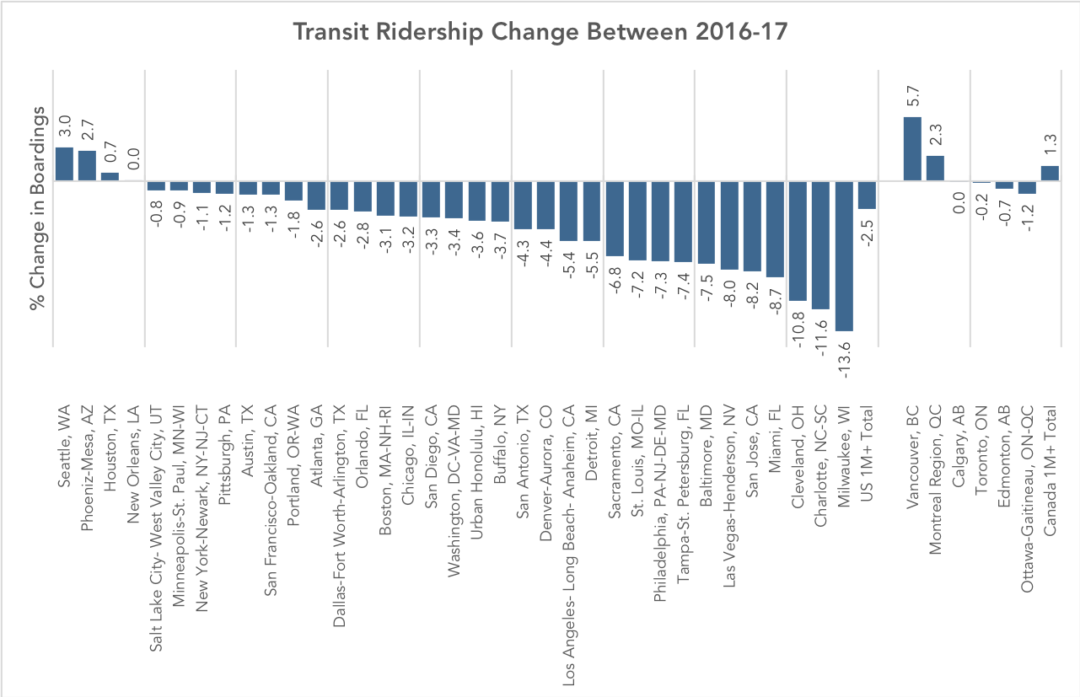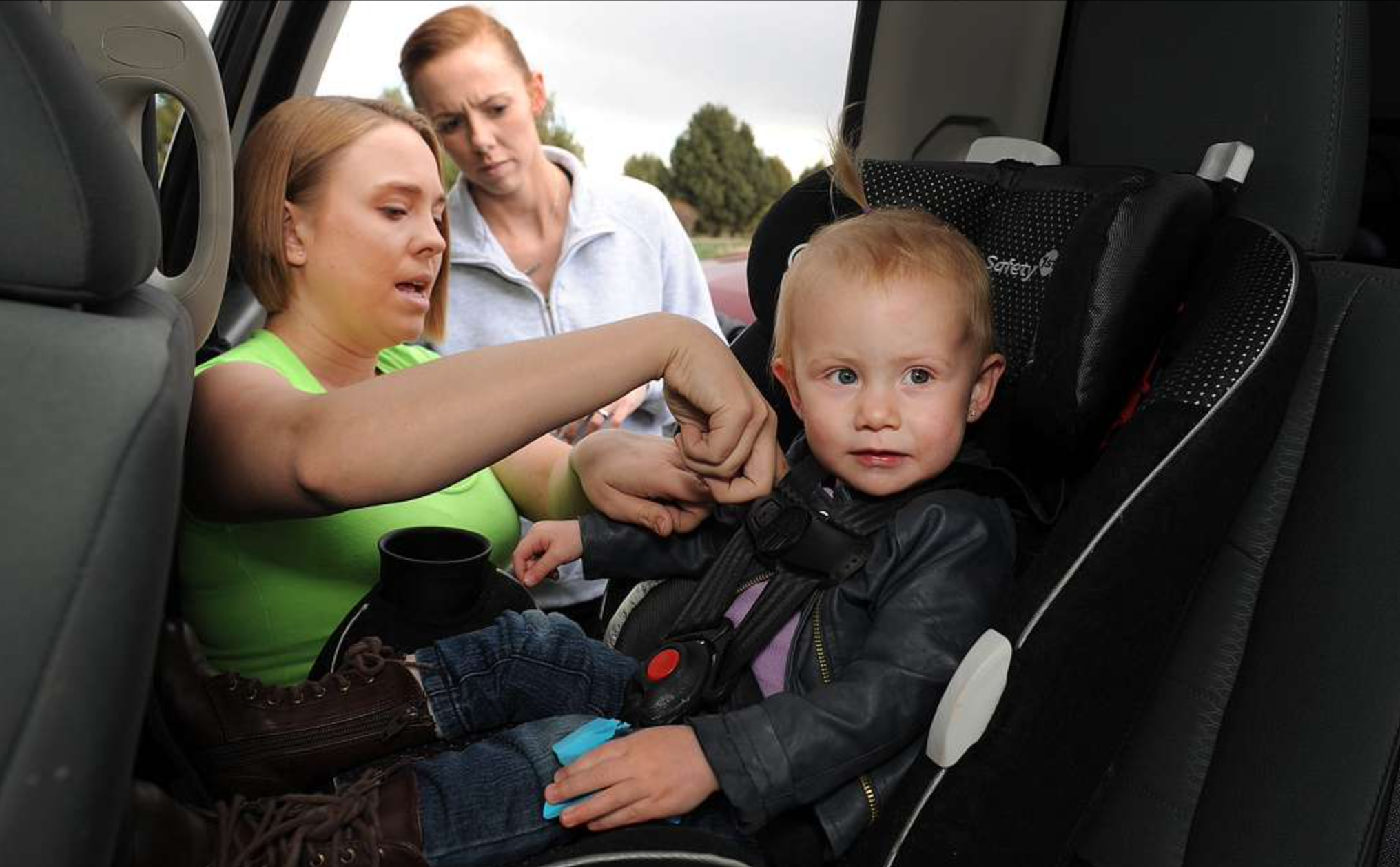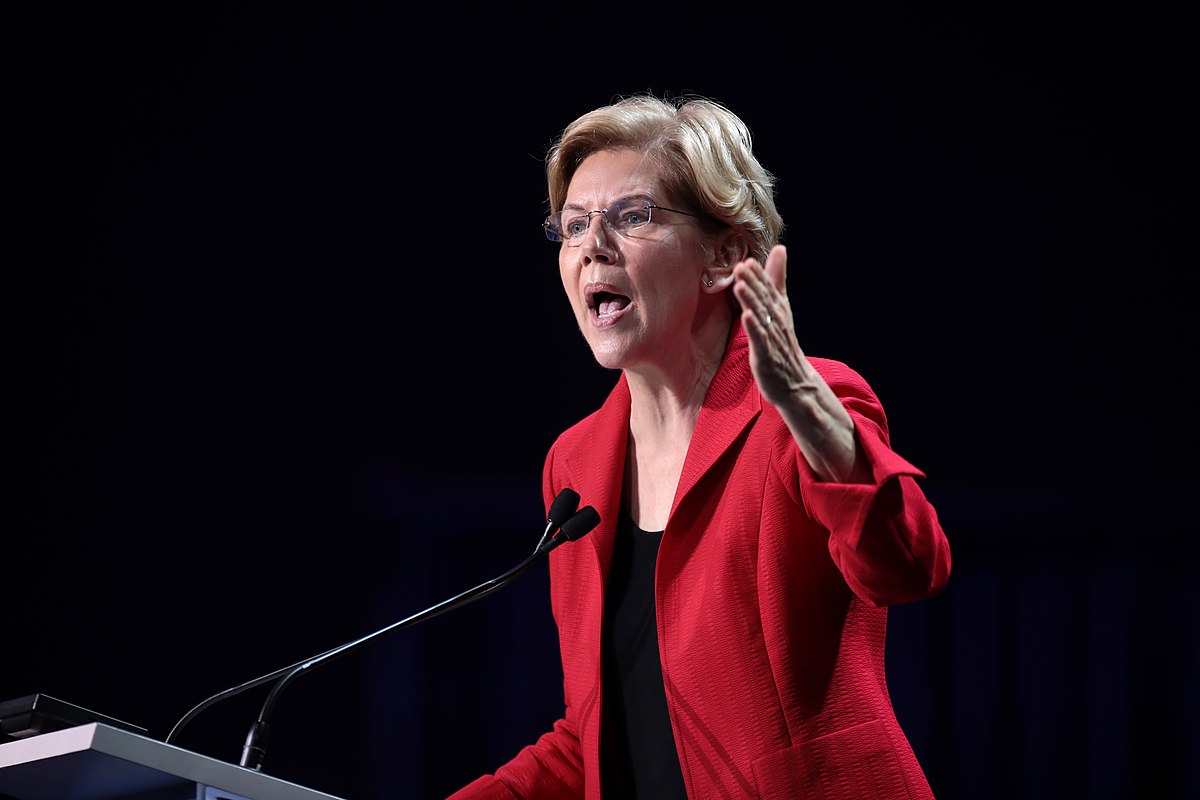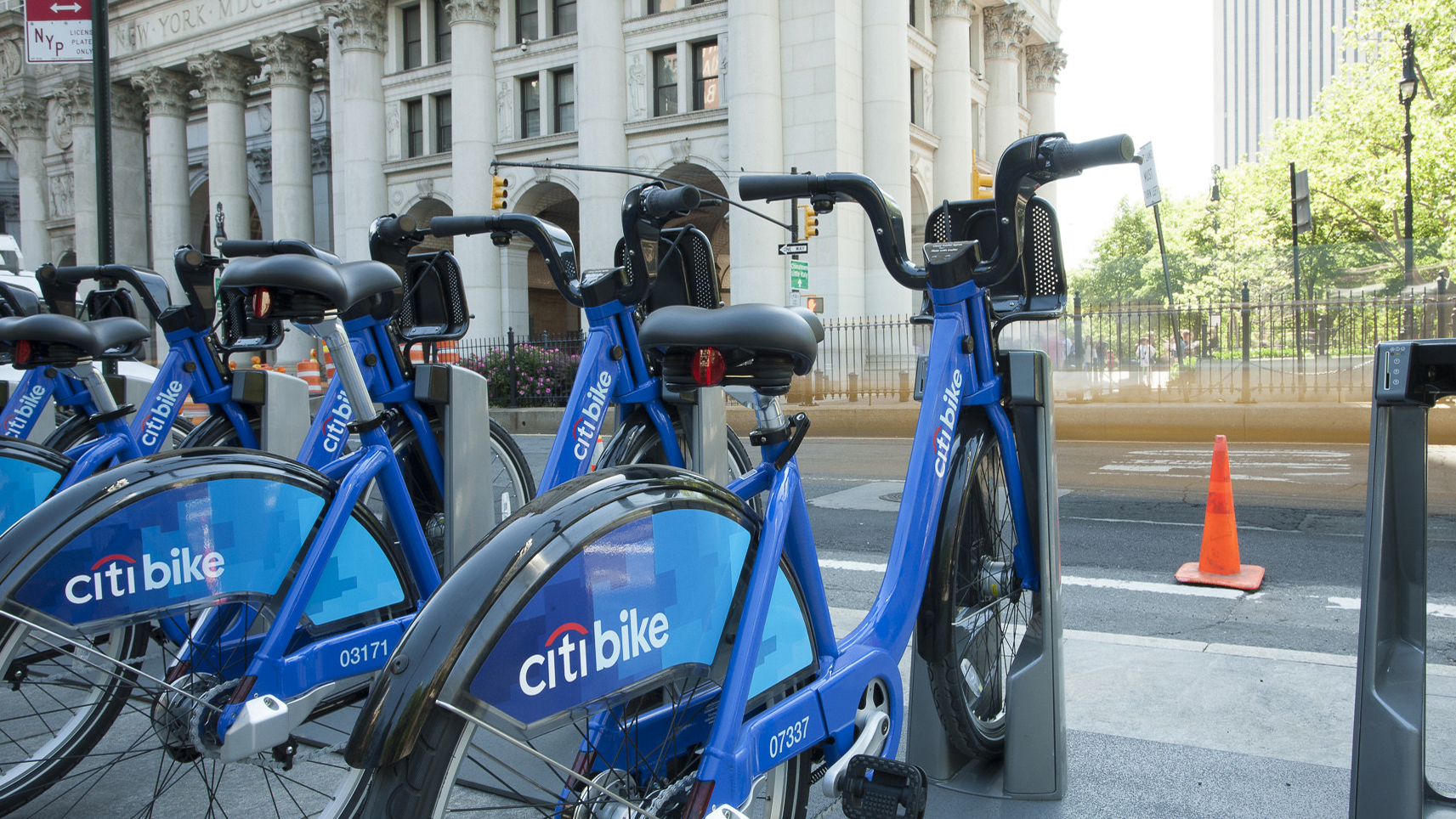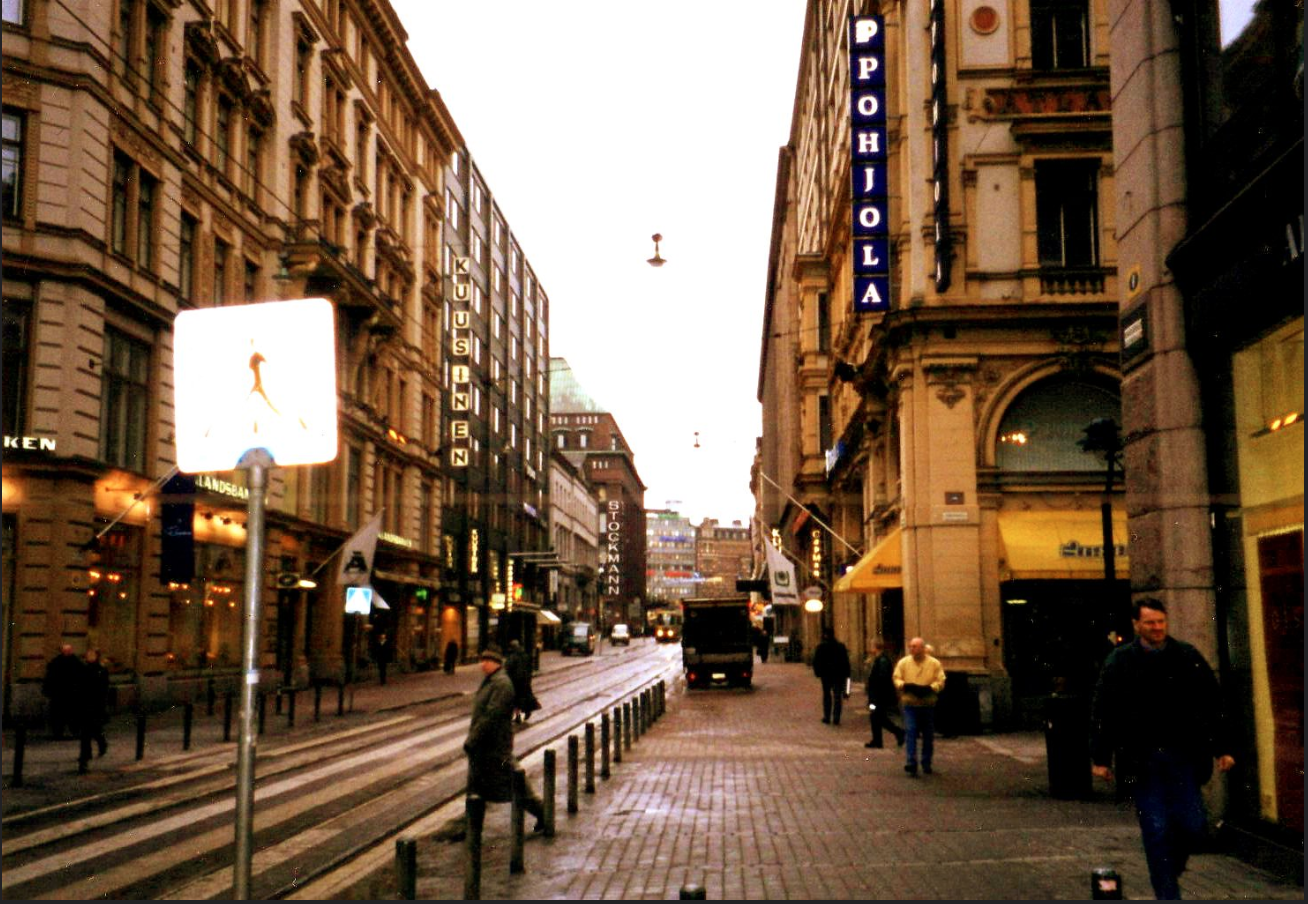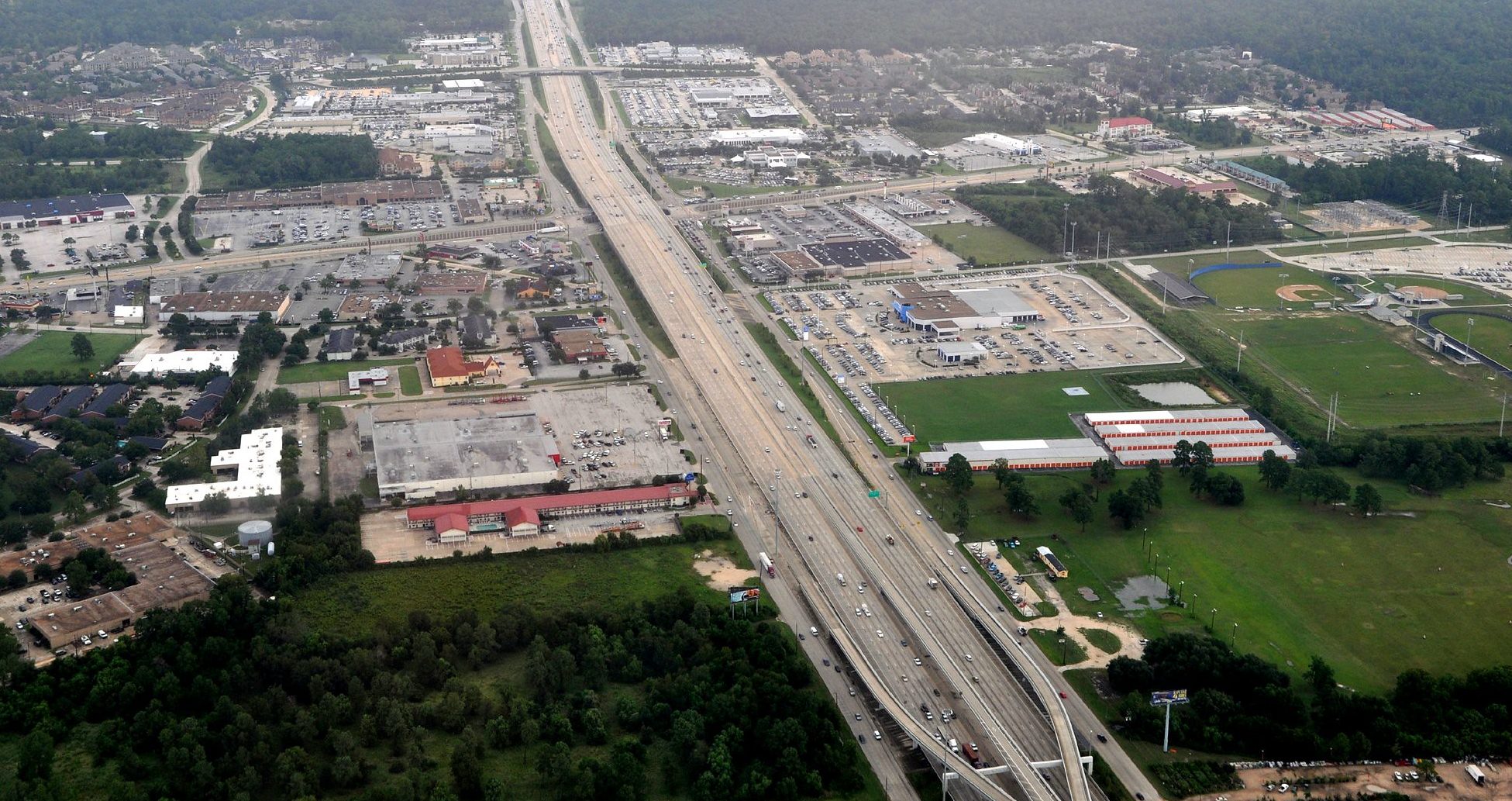Transit ridership is dropping in cities across the U.S. In 2017, only a small handful of major American cities bucked the trend and posted increases in transit usage.
Falling gas prices, loose auto lending standards, and the rise of ride-hailing apps like Uber and Lyft are all plausible factors. But that's no excuse for transit service that can't retain riders. For proof, look no further than Canada.
Up north, the transit ridership trend is very different, writes Christopher Yuen at Human Transit, and the reason isn't all that mysterious. Canadian cities run better, more abundant transit service than American cities, he notes, and that makes them less susceptible to declines in ridership:
Canadian ridership among metro areas with populations beyond one million is up about 1.3% while regions of the same size in the US saw an overall ridership decrease of about 2.5% in 2017 despite the broad similarity of the countries and their urban forms. Why? Canadian cities just have more service per capita than the most comparable US cities. This results in transit networks that remain more broadly useful in the face of competition from other modes. Note, too, that Canadian transit isn’t cuter, sexier, or more “demand responsive” than transit in the US. There is simply more of it, so more people ride, so transit is more deeply imbedded in the culture and politics.
In Canada's largest city, Toronto, transit ridership barely budged last year. In Montreal, ridership increased more than 2 percent. The biggest increase was in Vancouver, which is exceptional for a few reasons, writes Yuen:
Vancouver’s transit ridership has historically been higher than many comparable regions as a result of decades of transit-friendly land-use and transportation policies, including an early regional goal to foster density only around the frequent network. (The Winter Olympics also had a remarkable impact: ridership exploded in 2010, the year of the Olympic games, but then didn’t fall back after the games were over; apparently, many people’s temporary lifestyle changes became permanent.) By North American standards, Vancouver is remarkable in the degree to which development is massed around transit stations.
But Translink attributes its 2017 ridership growth to continued increases in service, high fuel prices, and economic growth. The 11km (7mi) Millennium-line Evergreen Extension just opened prior to 2017, directly adding over 24,000 boardings a day. Fuel prices in Vancouver have also reached an all-time high, at $1.5 CAD / litre (4.4 USD/ gal), an anomaly in North America, although still lower than in Asia and Europe. Economic growth has also been consistent, with the region adding 75000 jobs in years 2016 and 17. Notably, ride-hailing services like Uber and Lyft are not available in Vancouver due to provincial legislation.
The fact that Vancouver transit has posted such strong gains in the absence of Uber and Lyft undercuts those companies' claims about reducing car usage in major cities. But it also shows that the formula for rising ridership isn't that complicated: Providing ample service while clustering development around good transit will yield results.
More recommended reading today: Price Tags looks at fateful policy decisions in Seattle that prevented it from urbanizing like Vancouver has. And Transportation for America has the latest on the Trump administration's changes to TIGER, which is now known as the BUILD program.
